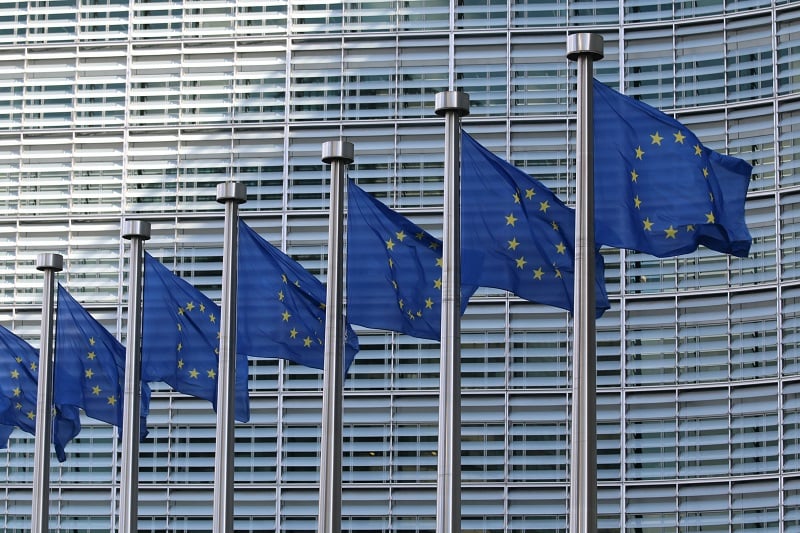
Leo Donnachie
Senior Policy Manager - Sustainable Finance
The EU’s proposal for a Corporate Sustainability Due Diligence Directive (CSDDD) has been the subject of significant debate, particularly in recent trilogue negotiations. This paper aims to clarify discussion points and highlight ways forward, co-authored by IIGCC, EuroSIF and PRI.
As we move towards the final trilogue discussion of the year on 13 December, a number of key issues remain unresolved, including whether to include the financial sector in scope and requirements to adopt transition plans compatible with the Paris Agreement.
These issues have become key points of discussion in the negotiations. Some have argued that the CSDDD will reduce European companies’ competitiveness, impose unworkable burdens on the financial sector, and duplicate existing EU obligations. But this does not have to be the case.
Appropriately designed, the CSDDD can help to plug the gaps in the EU’s regulatory framework by complementing transparency laws with requirements to take action to support the transition of the real economy. It can also address the piecemeal approach to due diligence within existing legislation and create a level playing field in the EU, setting a high standard globally.
This paper seeks to provide clarity on some of these key discussion topics, and highlight potential ways forward that can help to ensure the CSDDD is ambitious and workable in practice. Co-authored by IIGCC, EuroSIF and PRI.
|
What is the Corporate Sustainability Due Diligence Directive (CSDDD)? The CSDDD is a proposed EU law which would require companies to identify, mitigate, prevent, bring to an end, and report on the impact of their operations and those of their business relationships on human rights and the environment. The Directive aims to harmonise corporate sustainability due diligence requirements across the EU, which until now have been addressed through a patchwork of legislation. |
If you’d like to take part in our working groups and be the first to see our policy insights and analysis, why not contact us today to find out more about becoming a part of IIGCC.